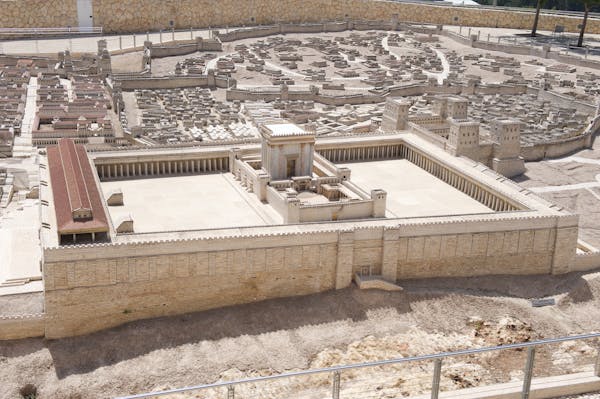Ahab’s reign as monarch over Israel ended ingloriously on the battlefield against Ben-Hadad, King of Syria. With Ahab’s death came a change of guard in Israel both politically and spiritually. Elijah had been taken up to heaven in a chariot of fire and his disciple Elisha had taken his place as God’s messenger to Israel.
After Ahab’s defeat the Syrians became bolder in their aggression towards Israel. There were constant border raids and a pervading sense of fear throughout Israel of imminent Syrian attack. The border raids led to enslavement as well as destruction of property and loss of life. During one of these raids, Syrian soldiers abducted a young Israelite girl who was then sold into slavery in the house of Naaman.
Naaman is introduced to us as Captain of the Syrian Army. He was, as a result of his position, one of the kings most trusted advisors and counsellors. He was also tasked with the protection of the realm and the acquisition of territory. Naaman was most likely extremely wealthy, powerful, influential and accustomed to getting his own way.
But then disaster struck his tidy and opulent life. Naaman was diagnosed with leprosy which was akin to a death sentence. No one recovered from leprosy, except by some miracle. Leprosy didn’t just mean death, it meant a slow, painful and undignified death ostracised from all society.
Naaman’s diagnosis most likely plunged the entire household into mourning and picking up on the heaviness around her, the little slave girl questioned her mistress, Naaman’s wife about the cause of the sadness. When she was told of her master's illness she promptly told her mistress about the prophet of Israel. She was sure that Elisha would be able to heal Naaman.

